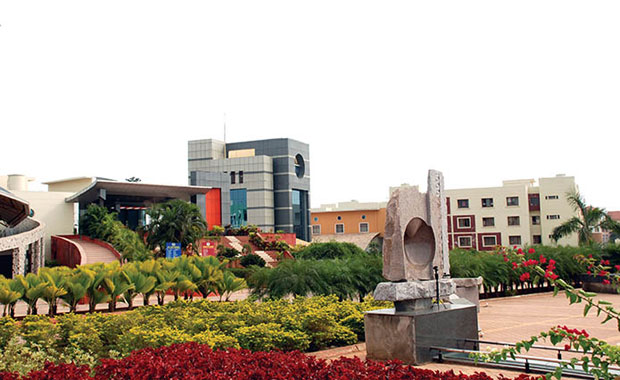Art of Giving India Against Negativity

Samanta’s personal living style embodies his philosophy of simple living and high thinking. Whatever he had earned through his sheer hard work, grit and determination, whether its money, wisdom or experiences, he want to share with others without carving for anything in return except their love and respect. It is from his own personal experiences that he had launched the forum Art of Giving (AoG) in May 2013, which is his philosophy on philanthropy.
He believes the giving brings happiness and rewards. All through his life despite facing acqute poverty, he did not hesitate to give needy ones. When he was in school, he gave away his tuition fees money to a friend who needed to help his ill family member. His life journey shows that the AoG has not only brought him luck, smile, money, fame and fortunes but had also given him a sense of purpose. It motivates him every day to work harder and earn more so he can bring more smile to others.
If it was not the blessings of divine power, a fatherless child, with a mother without any livelihood, would not have gone to school, finished college and earned a masters degree in chemistry and then moved to find a Government job. But like a true “destiny child” he was restless at seeing abject poverty, lack of education and opportunity all around himself. He was not the one to be a traditional family man, looking after the well-being of his own family members. He was always driven by a vision to do something for his tribal people who still live at the bottom of society.
Experience of education had already empowered him to think deeply about the issue of his people’s well-being. He reflected and came to the conclusion that education is one powerful tool that can bring around change. He left his cozy Government job to start his own educational institute with an almost utopian idea to provide free and quality education. It was not an easy job. But poor people could not have accessed education if it was not free and food and shelter were also not given. The tribal population had no motivation to leave this comfortable zone to take education unless it provided additional benefits.











Comments.